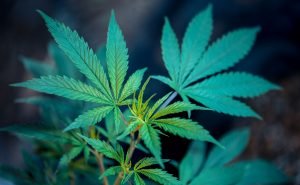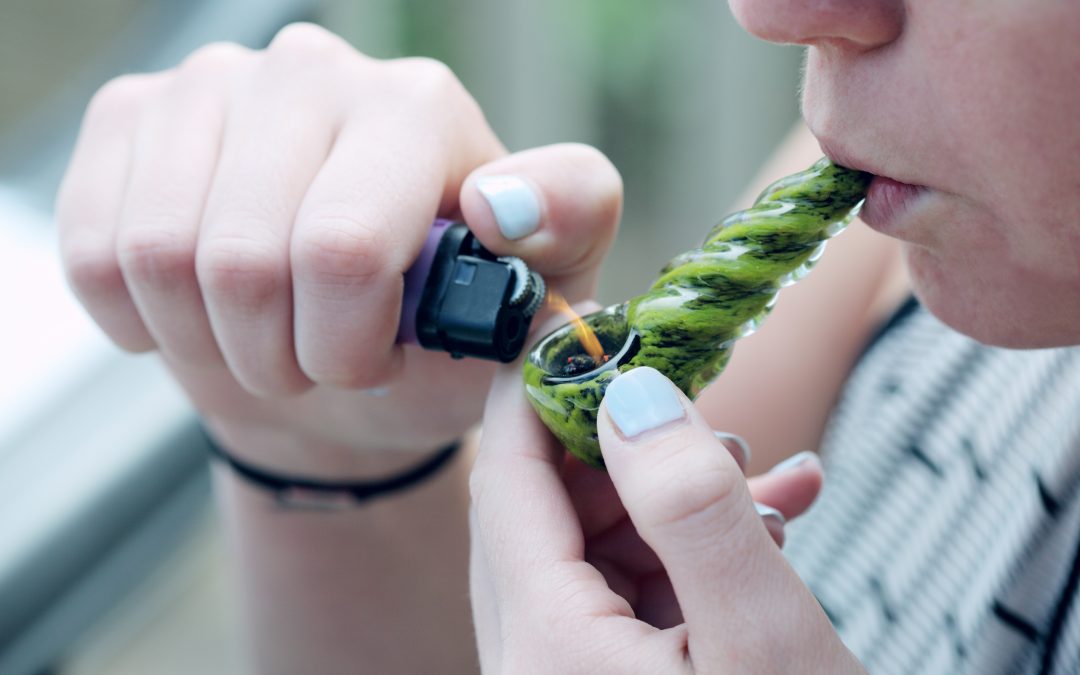Here at Bostec, we regularly get questions from business leaders in Whatcom County that can serve as useful examples for other companies in similar situations. These business scenarios contain familiar themes that often touch on the hot topics of the day.
One thing we’ve heard a lot about lately is the use of marijuana by off-duty employees. Here’s the scenario:
A Whatcom County construction company is doing some hiring, and because marijuana is legal in Washington state, company leaders are pretty sure they won’t be able to find many candidates who are weed-free. The company’s leaders don’t really care what their employees do on the weekends, as long as they show up and do good work Monday through Friday. The company needs coaching and advice on updating their drug and alcohol policy to reflect the new environment.

What is Bostec’s advice?
There’s a lot more to this question than first meets the eye. The legalization of marijuana in Washington is so new, and the research into the effects of marijuana so incomplete, that there aren’t any hard and fast best practices about the use of marijuana among employees.
A recent article in the New Yorker notes that a 468-page report on marijuana from the National Academy of Medicine doesn’t offer much clarity on the safety of marijuana use. In fact, it says little more than that marijuana “remains a mystery.” The article, by Malcolm Gladwell, is a wonderful read for those interested in the so-far-inscrutable nature of the drug, which has been legal in Washington since 2014. Among other things, it notes increased violence in states where recreational marijuana is legal, including Washington: “Between 2013 and 2017, the state’s aggravated-assault rate rose seventeen per cent, which was nearly twice the increase seen nationwide, and the murder rate rose forty-four per cent, which was more than twice the increase nationwide.”
Dig deeper: What difference does it make that marijuana
is not legal at the federal level?
Another recent article, this one in The New York Times, also references the report from the National Academy of Medicine, noting its highlighting of possible links between weed and schizophrenia:
“In a report in 1999, the academy (then called the Institute of Medicine) reported that ‘the association between marijuana and schizophrenia is not well understood.’ It even suggested the drug might help some people with schizophrenia. But in its next major report on marijuana, released in 2017, the academy reached a very different conclusion: ‘Cannabis use is likely to increase the risk of schizophrenia and other psychoses; the higher the use, the greater the risk.’”
The point here is that even though an employer may not care what happens on the weekends, there’s no clear evidence either that marijuana is harmless or that it’s harmful to an employee’s work performance Monday through Friday. THC doesn’t move through the body as quickly as, say, alcohol, and it’s not quite known how long-lasting its effects are on a user’s mind and body. A lot more research needs to be done.

That’s why Bostec’s advice is generally to be more conservative when drafting drug and alcohol policies for the workplace, especially with regard to marijuana. Since we don’t know for sure that marijuana is harmless, it pays to be careful about allowing employees to use the drug, especially for those in safety-sensitive positions or workplaces.
As to how to deal with the fact that it might be difficult to find employees who don’t use pot? That’s definitely an issue that has been cropping up for employers throughout Bellingham and Whatcom County. We’ll deal with that question in a future blog post.

